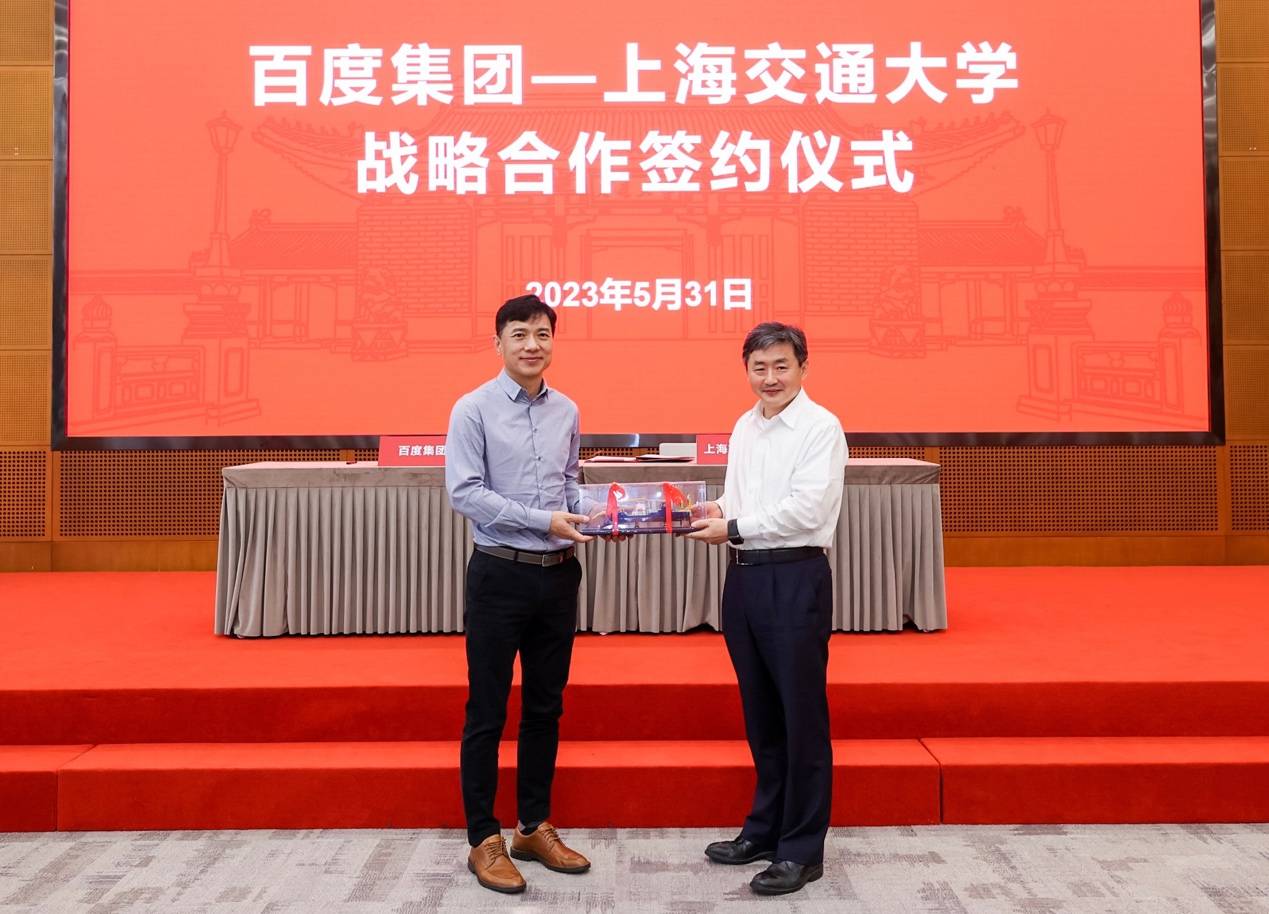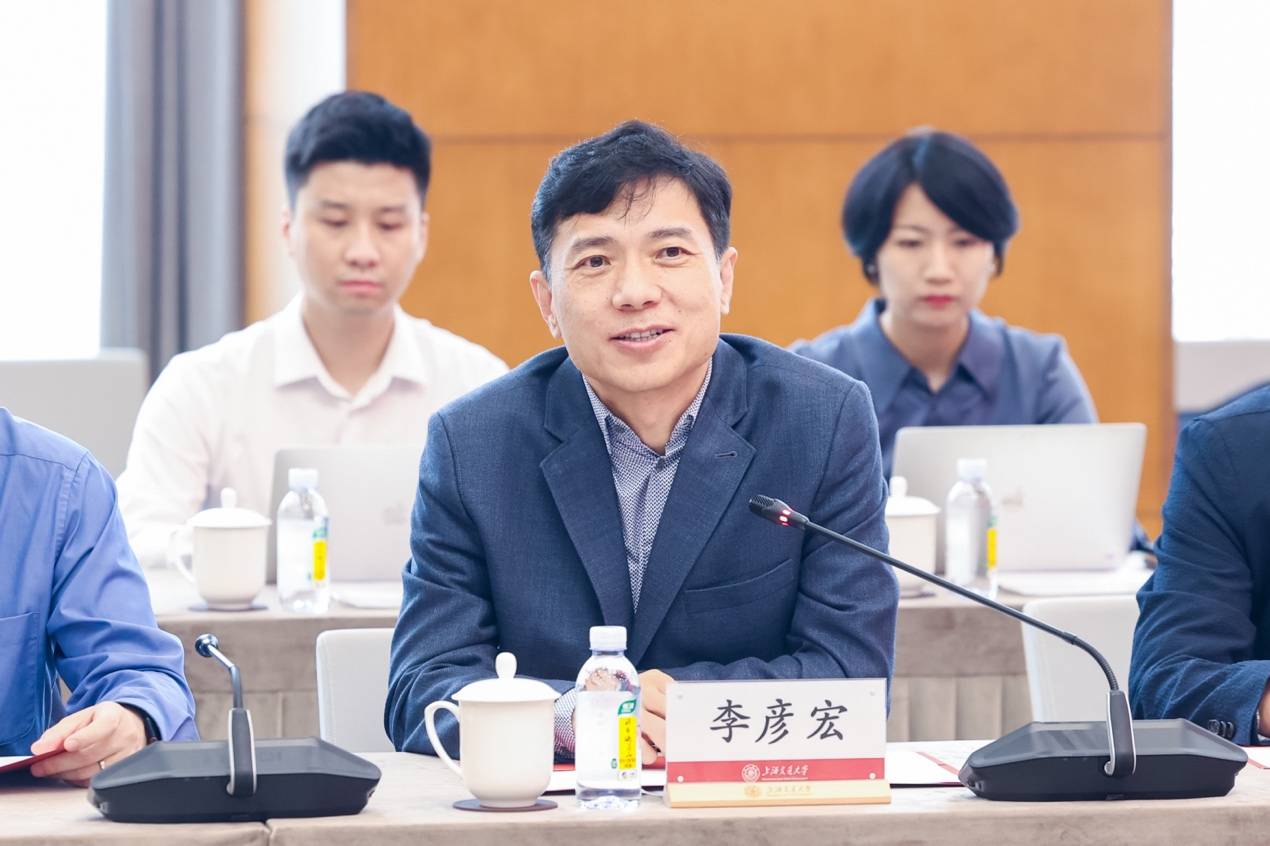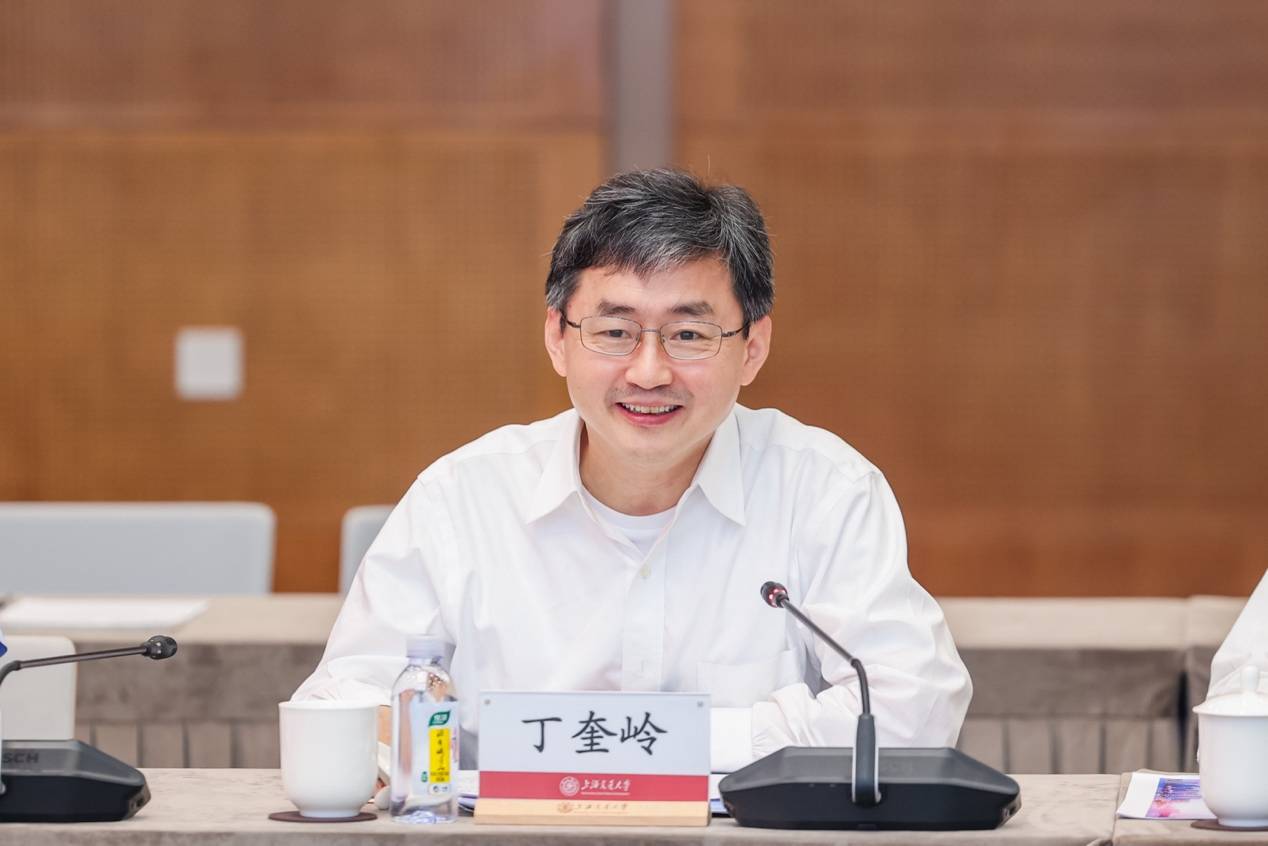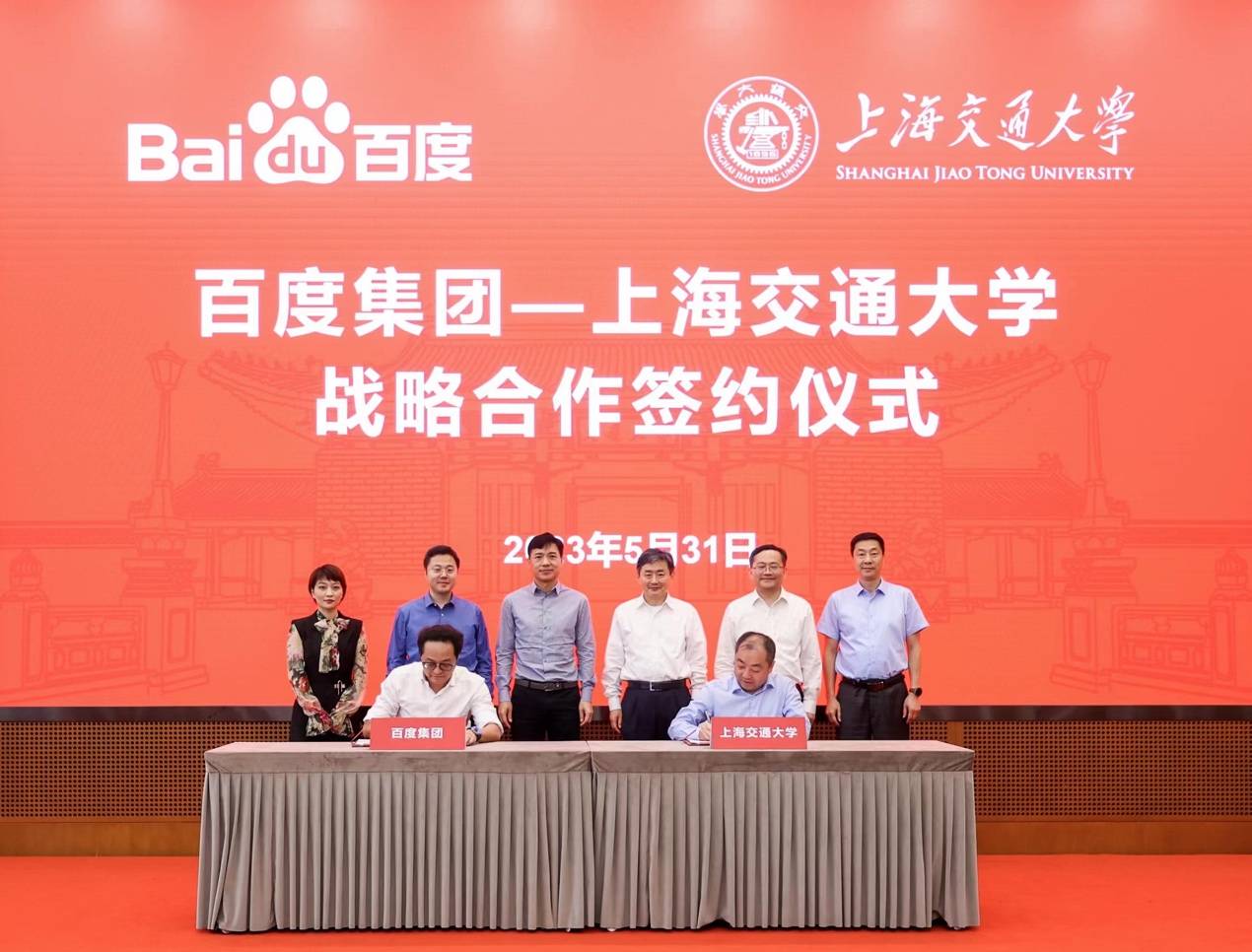
On May 31, Baidu and Shanghai Jiao Tong University signed a strategic cooperation agreement to jointly promote the innovation and application of artificial intelligence technology. It is reported that Baidu will build in the fields of scientific data middle platform, low-code artificial intelligence system, flying paddle scientific computing tools, scientific privacy computing metaverse and other fields. It will be based on Baidu flying paddle deep learning platform in physical science, molecular science, fluid simulation and so on. , urban science and other fields, providing Shanghai Jiao Tong University with technical solutions such as the development and application of large models.
In the future, the two parties plan to carry out more cooperation in the field of AI for Science, starting from the construction of intelligent platforms, and carry out more application research on new technologies and new models, so as to release scientific researchers from repetitive basic work and more Efficiently conduct research in cutting-edge innovative fields.

What is AI for Science? According to Robin Li, founder, chairman and CEO of Baidu, this is how artificial intelligence can help people discover things they didn’t know or didn’t master in the past. AlphaGo appeared around 2016, teaching computers a certain skill through human experience and accumulated data; later AlphaZero appeared, and machines played chess with machines, and their abilities were improved to a higher level than humans; today, general artificial intelligence, through big data and big calculations, With the power and strong algorithms, the computer has learned skills that have not been taught to it, but these skills are still already mastered by humans; and in the future, general artificial intelligence will compress human knowledge to computers, and continue to use new technologies and new models. Train artificial intelligence to discover areas unknown to humans in the past.

Robin Li believes that in the past few decades in the IT industry, the technology stack has been divided into three layers. The bottom layer is the chip layer; the middle layer is the operating system. In the PC era, it was the Windows operating system; in the mobile era, it was Android and iOS; and in the mobile era, it was Android and iOS. Going up are the software layer and application layer. With the advent of the artificial intelligence era, the IT technology stack has undergone major changes, from three layers to four layers: the bottom layer is still the chip layer, but the chip is no longer dominated by CPU, but GPU chip; the upper layer is called the framework Layer, the current mainstream deep learning framework, such as Baidu Feipiao in China, and PyTorch and TensorFlow internationally. "Today's large language models are basically based on these open source deep learning frameworks, such as ChatGPT and Baidu Wenxinyiyan, which are all based on deep learning frameworks." Robin Li said that future applications and software will May be developed based on large models.

Ding Kuiling, president of Shanghai Jiao Tong University and academician of the Chinese Academy of Sciences, emphasized that science and technology are currently facing unprecedented challenges. Universities are the integration point of education, science and technology, and talents. They must keep up with technological progress, adapt to scientific and technological development and social needs to cultivate better Many innovative talents. He said that "AI for Science" is a matter of great significance and will have a huge impact on various research fields. In the future, more companies and universities may need to participate in and build it.

In addition to deepening cooperation in AI scientific research, the two parties have also formulated plans for talent training. They will carry out joint training programs for undergraduates and graduate students, focusing on social practice, and promoting students in artificial intelligence and other related majors to master the basic theories of the profession. On the basis of strengthening engineering practice ability, engineering design ability and engineering innovation ability.
Author: Xuan Jing
Editor: Wang Xiaoli
*Wenhui exclusive manuscript, please indicate the source when reprinting.
The above is the detailed content of Robin Li: AI will help humans explore unknown areas. For more information, please follow other related articles on the PHP Chinese website!
 Absolute reference input method
Absolute reference input method
 Which mobile phones does Hongmeng OS support?
Which mobile phones does Hongmeng OS support?
 What does a file extension usually mean?
What does a file extension usually mean?
 java regular expression matching string
java regular expression matching string
 How to export project in phpstorm
How to export project in phpstorm
 How to set transparency in CSS
How to set transparency in CSS
 A memory that can exchange information directly with the CPU is a
A memory that can exchange information directly with the CPU is a
 What does it mean that the computer is not supported?
What does it mean that the computer is not supported?
 git pull pulls code
git pull pulls code




